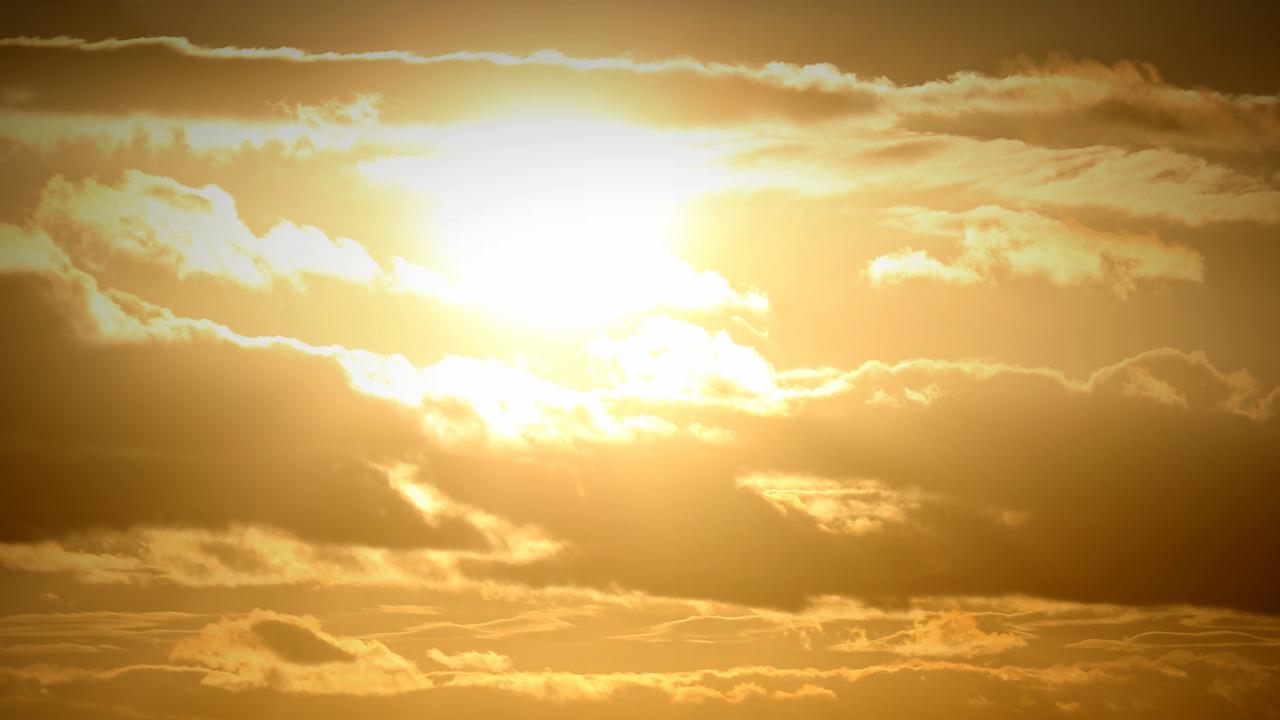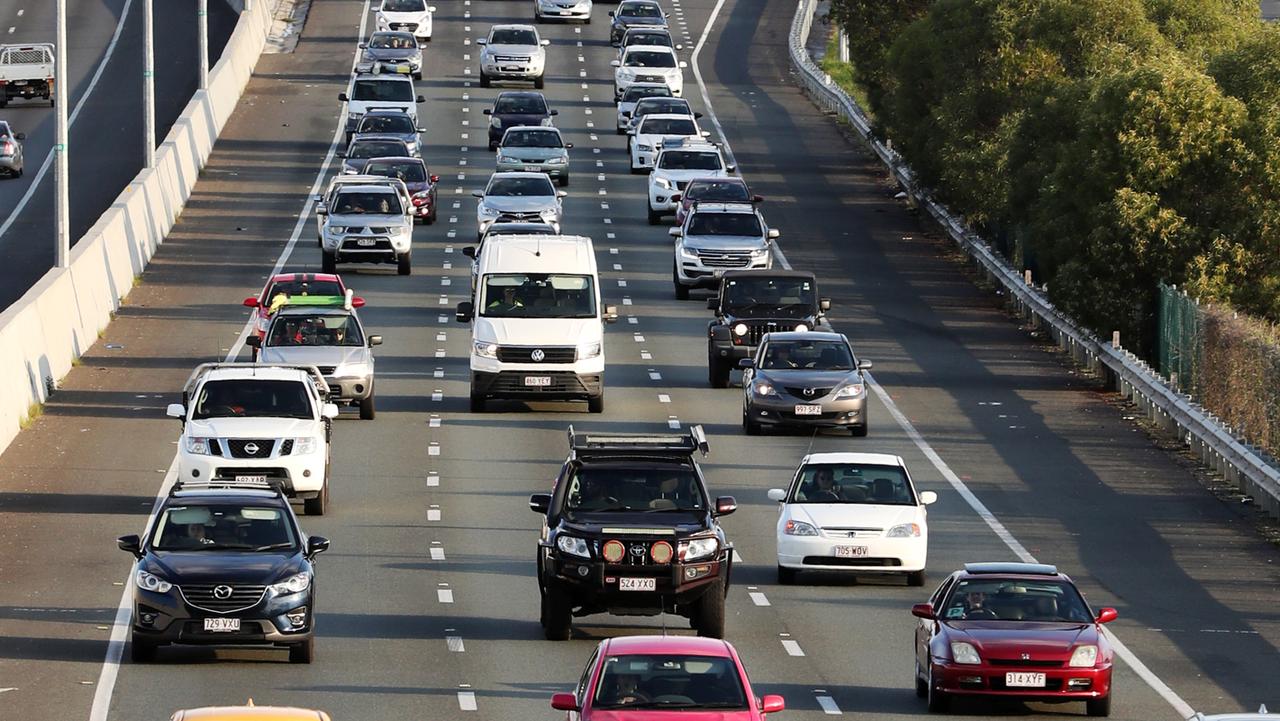Wildlife rescuer explains how warming temperatures are posing a threat to one of Australia's most beloved marsupials
Dr Sarah Perkins-Kirkpatrick explains how the Shire's July climate is changing. Plus, how are rising temperatures impacting local koalas?
HyperLocal
Don't miss out on the headlines from HyperLocal. Followed categories will be added to My News.
DATA from the Bureau of Meteorology suggests the Shire's July climate is warming over time.
Even the coldest day of the month isn't as chilly as it once was - it's now around one degree warmer than 50 years ago.
It's not just the Shire experiencing warmer temperatures, similar trends have been recorded at weather stations across Australia.
These changes are occurring at an unnatural rate - while they may appear small, they are part of a significant shift in the world's climate.

So how does this affect our native animals?
Wildlife rescuer Susan Gribble noticed rising winter temperatures were impacting koalas across Australia.
Previously, this marsupial had a distinct breeding cycle around September to November, coinciding with the beginning of spring.
But with winter temperatures rising, koalas have been seen wandering around looking for mates earlier each year, and are now also breeding throughout autumn and winter.
"We refer to this time as the trauma season, as the males are more active and searching for a mate, putting themselves at risk on roads and with dogs," Ms Gribble said.
"This means that joeys are emerging from their Mum's pouches out of season, which isn't ideal as cool nights are still a bit much for the little ones who haven't always furred completely."
Disruptions to the mating cycle mean more joeys are undergoing trauma and left abandoned.
Then, when the summer months come around, the rising heat and drought takes a further toll.
"Summer temperatures have become so severe - there's less transition time from winter to summer, which leaves the animals actively seeking out food and water," Ms Gribble said.
"As a result, we have to factor in the availability of water when we release koalas, which is getting harder. Their main food source - big old growth gums - are also suffering."

Want more information on how your climate is changing? Check out the last article in this series.
Dr Sarah Perkins-Kirkpatrick is a climate scientist at the University of New South Wales.
This column is part of a collaboration between Monash University and News Corp to deliver hyperlocal weather and climate information.


